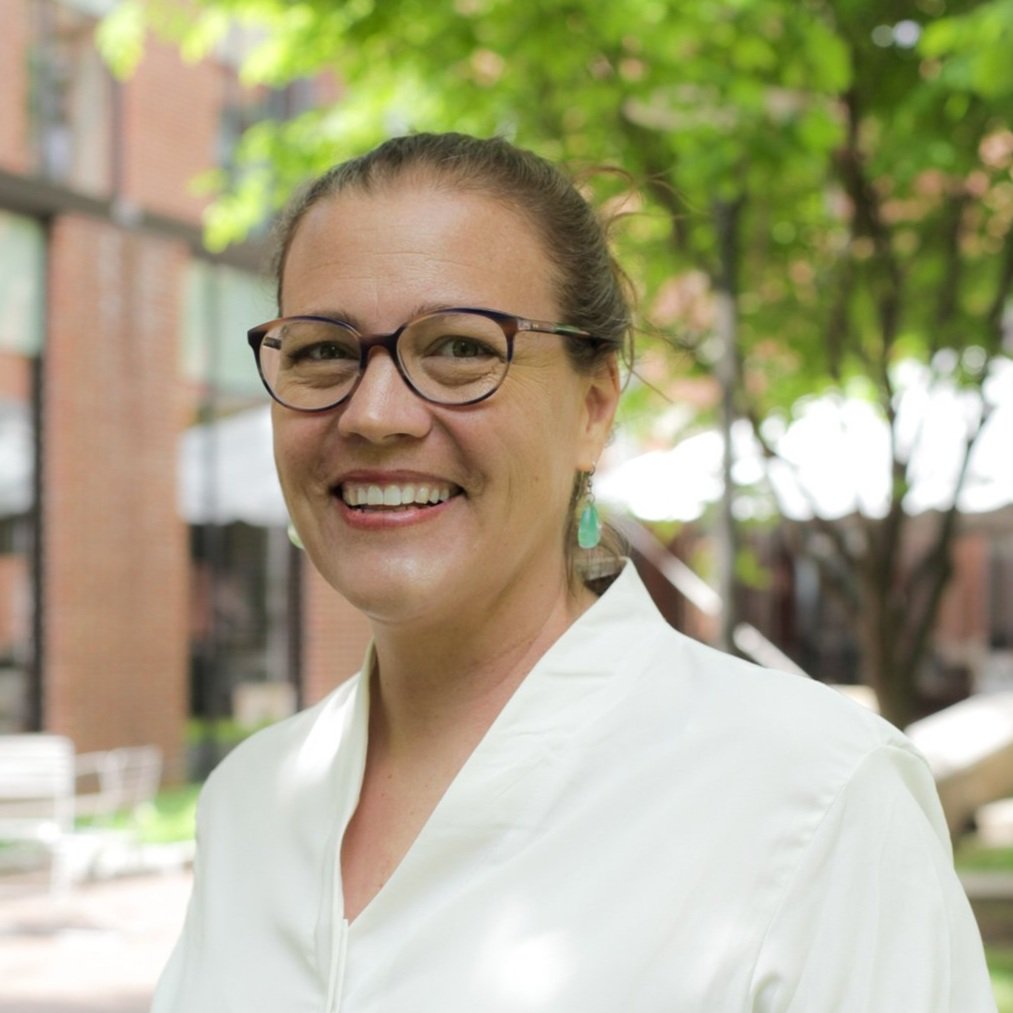About Tess Wilkinson-Ryan
Tess Wilkinson-Ryan is a law professor at the University of Pennsylvania. She received her undergraduate degree from Harvard College, and her J.D. and Ph.D. (psychology) from the University of Pennsylvania. She grew up in southern Maine and now lives in Philadelphia with her husband, their two children, a dog, and a cat.
Tess’s research is in the moral psychology of legal decision-making, especially in contracts and negotiations. Her work asks how people draw on their own commonsense moral intuitions to navigate complex financial and legal decisions. Her work covers a wide range of decision-making domains, from how people choose their retirement investments to when they default on their mortgages to whether they read the fine print on the back of their receipts. Her courses at Penn include Contract Law, Wills and Trusts, Consumer Law, Law and Psychology, and Ethical Leadership for Lawyers. She has published articles in numerous law journals and she has written for the Atlantic. Fool Proof is her first book.
Photo credit: Lydia Peterson
more about me…
I am a professor of contract law with a graduate degree in psychology, and I have been writing and thinking about suckers for about fifteen years.
While I was in law school, I got interested in how regular people perceive their legal rights and obligations. After graduation, I stayed in school for three more years and completed my PhD in experimental psychology. I was most curious about decisions that forced people to navigate legal rules that conflicted with their moral commitments. How would they solve those problems, and how would their solutions make them feel? I was beginning to focus my research on contracts, and contract disputes are naturally about suckers, or at least about people who feel like suckers when their deals fall apart.
At the same time, I read a cluster of psychology articles that seemed to me to be all about the same thing–what do people do when they feel like they’re being played for fools? Over the years, I pulled this sucker thread through my work, often writing about consumers who sign contracts that they don’t read. I also took note of the cultural and political moments when people were talking, implicitly or explicitly, about who’s scamming who.
While I was thinking about these questions in my academic life, I was also seeing fool’s dilemmas wending their way through the everyday. I had a child, then got a job, then had another child, then got tenure, then (like everyone else) had a pandemic. What started as a sort of quirky side project, studying suckers–even the word “sucker” feels a little playful or unacademic–ultimately opened out into something more. Writing Fool Proof gave me an opportunity to write about the deep challenges of being a human in a society, or, as I put it in the book, how to live with integrity in a sucker’s world.
